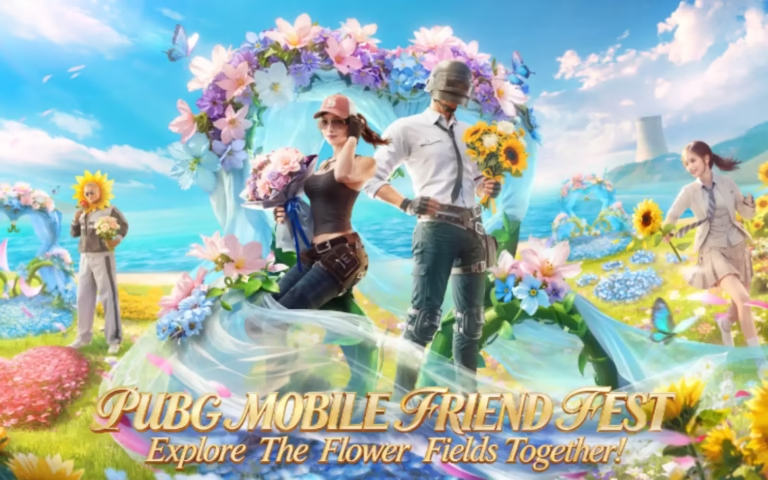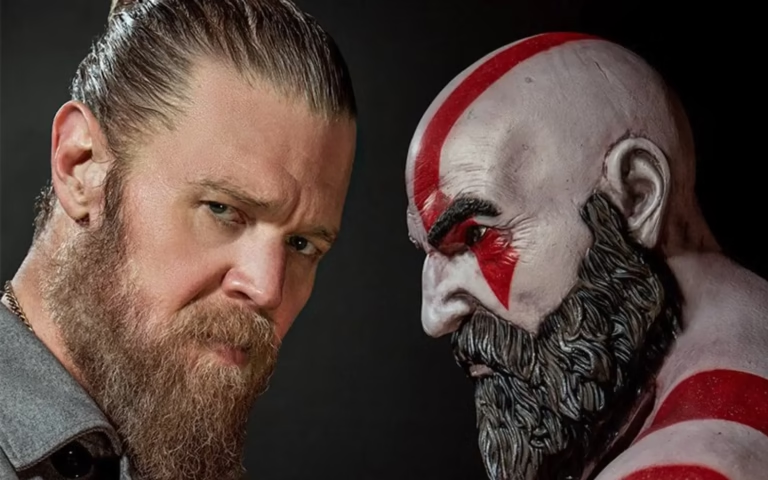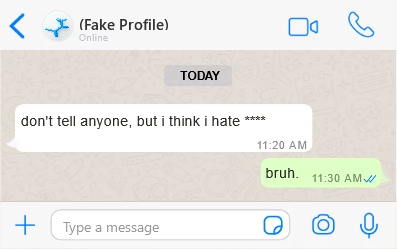
Digital footprints — In this day and age where screenshots, screen records, and sharing become a norm of everyday conversation between people, privacy means almost nothing online. It’s nothing to worry about, mostly, but when the popular phrase “nothing is ever lost on the Internet” starts to be disregarded by us (especially by the younger generations), it’s starting to be a cause for concern.
I’m talking about posts, conversations, comments, and posts they interact with on social media—all these are visible by not only the developers of those applications but some are also made publicly available. This means you can see what your friends like, or what they have commented on some of the posts you may encounter online.
“It doesn’t seem so bad,” is what people would think. Normally, the worst reaction you would get is “Why would my friends like this post? It’s inappropriate,” or “No way my friends said this on this person’s post”. But there are worse things you would probably encounter.
Say you have made controversial posts—for example—and you have people that have their eyes on you. Screenshots of your posts may be taken for “future use”. Next thing you know, you are laid off from the company you are working for, for the very reason of those posts (even though you are actively preventing your co-workers from following or befriending you online). Digital footprints—it can be your greatest enemy online.
I notice people are starting to forget it exists. Or rather, they just don’t care any longer. The question is, why?
Their digital accounts are anonymous or secluded.

You notice a lot of accounts online, especially the ones that interact with a lot of posts, are either private accounts or the ones with no profile pictures or any related photos to them. This can also be referred to as the “alt accounts”—alternative profiles that are used to “truly express their true beings”, which can mean both good and bad, depending on what they use those profiles for.
With normal accounts you use, you have friends, family members, and even teachers (or colleagues) befriending or following you. In some ways, you have to limit yourself to what you interact with online, and this can be daunting at times. There is a desire that you “want to be truly free”, and not worry about the risk of ruining your own image if you are accidentally exposed for doing things you shouldn’t be doing online.
That’s when alt accounts are created.
With the alt accounts, no one knows who you are, where you live, what you do, or anything else related to you. You’d find a lot of these on X specifically, but there are alt accounts on other social media platforms (e.g. Instagram). The unrestricted content on X is the main reason why there are way too many alt accounts on that platform, and similar effects start to take a toll on Instagram as well, with loads of comments (mostly hurtful ones) coming from profiles that don’t even have proper names.
So yes, anyone can be whatever they want to be, as long as they use an alt account to remain anonymous.
Generational differences are a big factor at play.
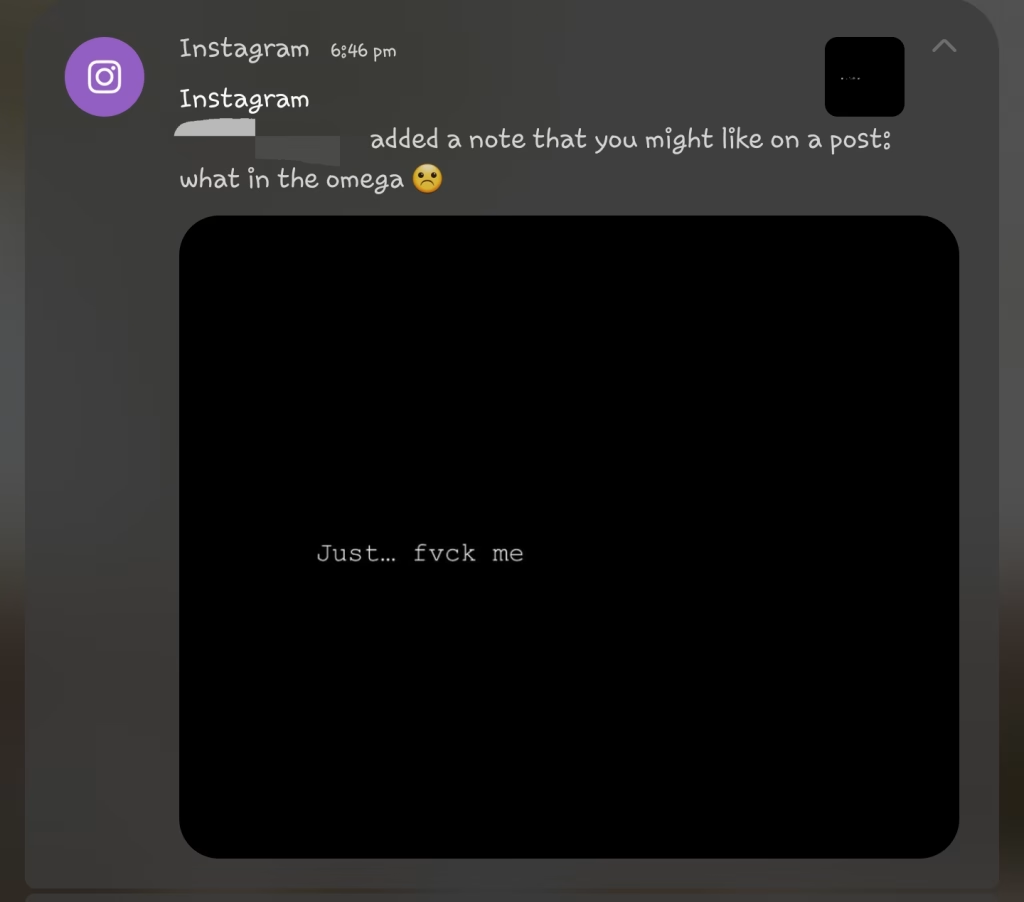
Younger generations, who grew up online, may view digital footprints as an inevitable part of life. Compared to the generations who grew up without the need for an online presence, they view themselves as a part of the online world which everyone is practically in, so they believe it is unavoidable.
As we step further into the digital age, you would think that people are far more heedful with what they interact online, but no—people grow desensitised to it. In other words, they don’t care. They believe that “it’s just my friends that are going to see this, what do I need to worry about anyway?”, or “they probably don’t care what I post anyway”.
Thoughts like this are scarily common among youngsters. The danger of digital footprints is, to them at least, nothing to write home about. Little do they know that their interactions online can easily be taken out of context for ill reasons, including defamation and slander.
Step by step, we’re inching closer to a dystopian world, and scarily enough, we’re losing the sense of concern for it.
People have normalised “digital oversharing”.

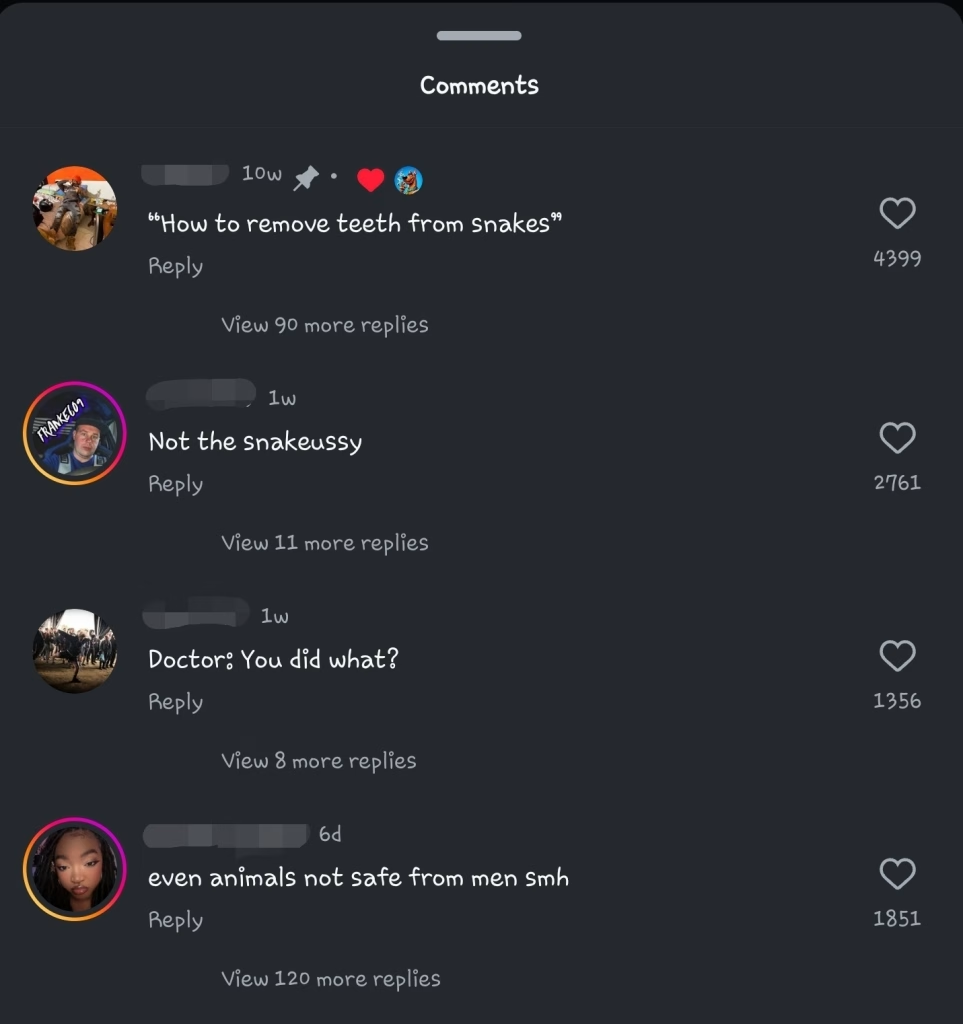
A suggestive post followed by comments from various accounts
Oversharing is normalised online for some reason, and just how it is previously mentioned, people don’t seem to care.
Mostly these “overshared thoughts” are purely for entertainment and jokes, but some shared thoughts are quite concerning. It’s the type of post where you would fail to distinguish the thoughts being jokes or legitimate.
It’s getting surprisingly common for people to share things online like their sexual kinks, personal experiences, suggestive memes, or anything inappropriate that makes you think twice before opening up any social media application in public. I’m not sure why. Being online was a lot safer as a child back then than it is now because people are still aware of what they post online. Now with the mindset “everyone does the same”, it’s getting harder to circumvent the inappropriate posts online because “everyone is doing it”.
Just because you are perceived as anonymous, it doesn’t mean you cannot be tracked down. It’s best to keep that in mind.
Internet culture is changing,
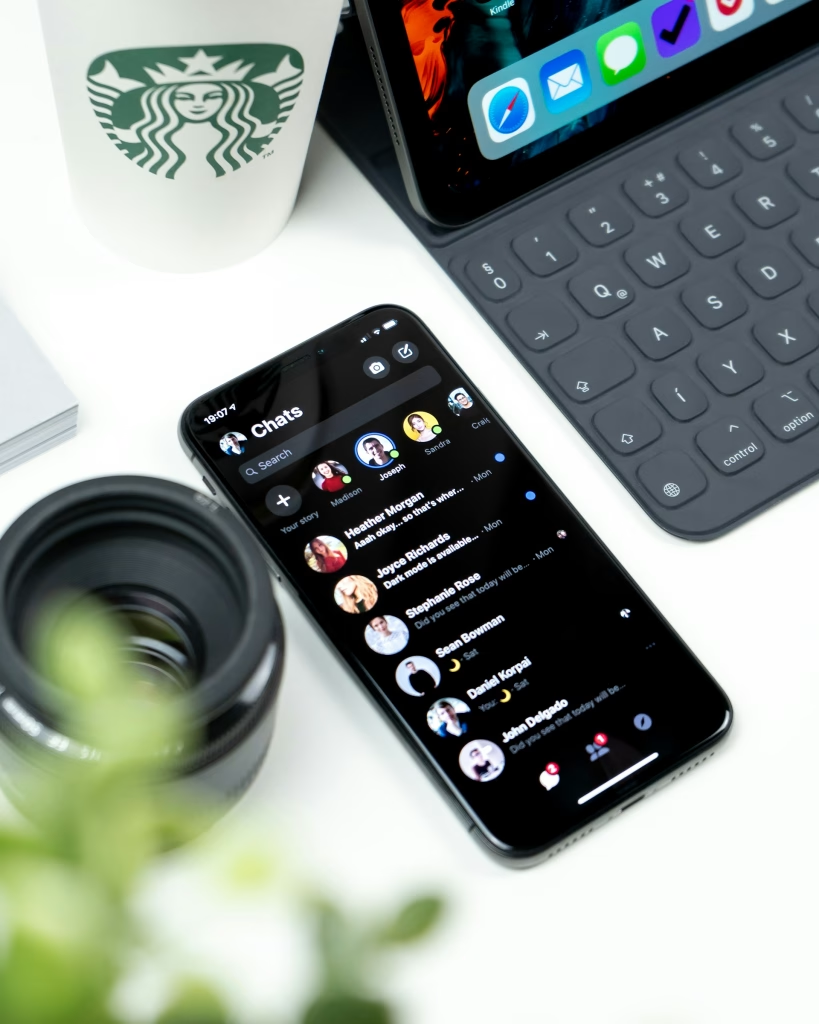
and so are we. The way we use the Internet is a lot different than how we do it back when the Internet was a new concept to the public. How we interact with strangers online is a lot different now than how we did back in the day. The tact we practised when we first used the Internet is slowly dissipating away now that everyone believes their online safety is guaranteed.
My point is, our online presence is always at risk, no matter how safe we think we are. Everything you say, and everything you do, is kept forever on the Internet, leaving digital footprints behind. Just be wary every time you decide to interact with anything online. You might risk exposure to dangers like cyberbullying, which I wrote about the other day.
As always, if you are interested in reading more, feel free to check out our webpage here. I’ll see you again in the next entry.



